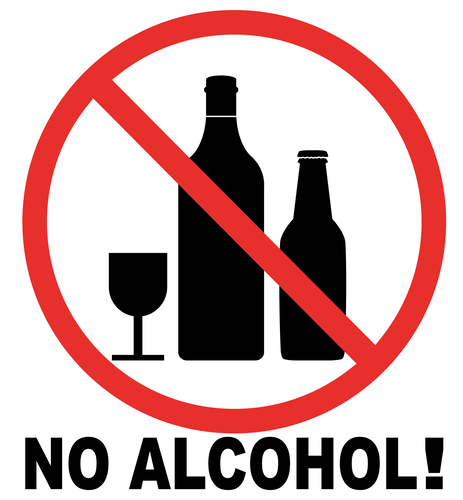However, excessive guilt can become counterproductive and lead to self-blame and low self-esteem. To continue to live a life that is free of the feelings of
guilt and shame, acknowledge your value system. Review what you believe is
right and wrong to solidify your value system.
- Over time, the client develops new coping mechanisms and gains confidence in handling difficult emotions.
- This often occurs in early recovery, once the person’s body and mind are free from the influence of addictive substances.
By rationalizing child abuse as a just punishment, one’s perception could be warped regarding anything else. As a result, a child that blames themselves for abuse, will grow up and be more accepting when someone abuses them. Steer in the direction of the place where that enduring shame is released, and you reach self-acceptance. I discovered that shame was one of four main barriers to entering treatment, with 75% of participants identifying shame and stigma as a primary roadblock to treatment. Dwelling on the past will only keep you depressed and unable
to enjoy your present life.
Individualized, evidence based treatment, to fit your needs.
Seeing shame and guilt as counterproductive emotions will progress your healing. Both shame and guilt can influence an addiction from the offset. They can act as the initial causation https://ecosoberhouse.com/ of the likes of drug and alcohol abuse. Once those emotions have been experienced, substance abuse is seen as an escape, as a way to personally cope through negative emotions.
Shame is a much harder emotion to overcome, now linked to mental health issues, addiction diagnosis, and irrational behaviours. While guilt is in relation to your behaviours, shame is linked to you as a person, making it a painful feeling to continuously experience. If you are in recovery, you have most likely had to confront the heavy feelings of guilt and shame.
The Role of Counselling in Promoting Better Mental Health
Additionally, yoga incorporates mindfulness techniques, helping individuals better understand and manage their thoughts and emotions. Mindfulness meditation can also be used as a tool for cultivating positive self-talk, which can help individuals foster a sense of self-esteem and worthiness. In CBT sessions for shame and guilt, the therapist will work with the client to identify negative thought patterns and beliefs that contribute to their feelings of shame or guilt. Through cognitive restructuring techniques, the client is encouraged to challenge these automatic thoughts and replace them with more positive self-talk. Often, individuals struggling with addiction feel shame and guilt for their actions in the past. However, it is essential to acknowledge that their actions do not define them entirely.
Review what you believe is right and wrong to solidify your value system. Once you are aware of your values, let them guide your behavior. When situations arise and you are unsure what the correct thing to do is, consult your value system and act within these guidelines. If you do not have a guideline for certain situations, think about the situation thoroughly weighing the pros and cons of different courses of action. Talk to other people and find out how they would handle the situation.
Healing Practices to Overcome Shame in Recovery
Thoroughly processing a wrong from your past can help you
not avoid the same mistake in the future. Many times we have guilt and shame in recovery values because they
were taught to us as children. We never take the time to think about why we
hold our values.
